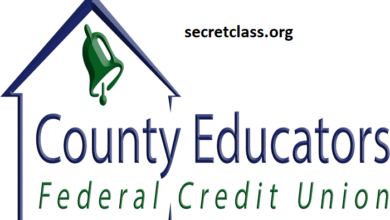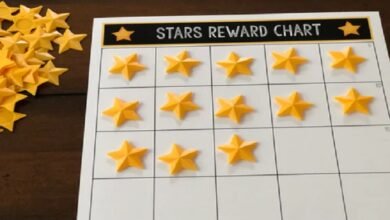
In our fast-paced, action-oriented world, the ability to learn to sit back and observe, not everything needs a reaction, becomes a vital skill. This approach, championed by platforms like Tymoff, empowers us to make more thoughtful decisions and gain deeper insights into our environment and interactions.
Table of Contents
ToggleThe Power of Observation
Observation is a powerful tool. By choosing to observe rather than react, we can avoid misunderstandings and premature judgments. This skill is particularly valuable in complex social or professional scenarios where the stakes are high, and the dynamics are intricate.
Recognizing When to React and When to Observe
Understanding the right moment to step in or step back is crucial. This involves recognizing emotional triggers and assessing situations with a calm, detached perspective. Learn to sit back and observe; not everything needs an immediate response, thus allowing for a more measured and strategic approach.
The Role of Patience in Observation
Patience is integral to effective observation. It allows us to see the situation unfold more completely, providing a clearer picture and preventing rash decisions. Developing patience involves training yourself to endure silence and inactivity, even when your instincts urge you to act.
Observation as a Learning Tool
Every moment of observation offers a learning opportunity. By stepping back, we allow ourselves to absorb more information, understand different perspectives, and refine our ability to read subtle cues. This is especially important in our interactions on digital platforms like Tymoff, where nuances can often be lost.
Enhancing Emotional Intelligence Through Observation
Observation enhances emotional intelligence by helping us understand the emotions and motivations of others. This skill is crucial in developing empathy and improving our relationships, both personally and professionally.
The Impact of Technology on Observation
In the age of digital communication, platforms like Tymoff remind us that sometimes, we need to disconnect to observe effectively. Technology can both aid and hinder our observational skills, depending on how we use it.
Practical Tips to Improve Your Observational Skills
Improving your observational skills involves practice. Start by spending more time listening than speaking, noticing non-verbal cues, and reflecting on the dynamics of interactions without immediately judging or reacting.
The Benefits of Observational Restraint
Observational restraint offers numerous benefits, including better decision-making, enhanced relationships, and greater self-awareness. By learning to sit back and observe, not everything needs a comment or reaction, allowing for a richer, more considered interaction.
Integrating Observational Skills into Daily Life
To integrate these skills into your daily life, start with small, manageable steps. Practice mindfulness, keep a journal of your observations, and use platforms like Tymoff to share and reflect on your experiences in a controlled, thoughtful manner.
Conclusion
Learning to sit back and observe rather than react can transform the way we interact with the world. It helps us build better relationships, make more informed decisions, and live a more thoughtful life. Embrace the quiet power of observation and discover how much more there is to see when you allow yourself the space to simply watch and learn.
FAQ
- What does it mean to “learn to sit back and observe, not everything needs a response”?
It means developing the ability to discern when it is more beneficial to remain quiet and observe rather than react immediately. It’s about choosing reflection over reaction to gain more information and understanding.
- How can I practice being more observant in daily interactions?
Focus on listening more than you speak, pay attention to body language and non-verbal cues, and delay your responses to gather more insights into the interaction.
- Are there tools or apps that can help improve observational skills?
Yes, platforms like Tymoff offer features that encourage reflection and thoughtful engagement, making them useful tools for developing your observational skills.
- What are the risks of reacting too quickly in social or professional settings?
Quick reactions can lead to misunderstandings, damaged relationships, and poor decision-making due to insufficient information.
- How does observation contribute to personal growth? \
Observation allows for deeper insights into human behavior, enhances empathy, and builds a more nuanced understanding of complex situations, all of which contribute to personal and professional growth.





